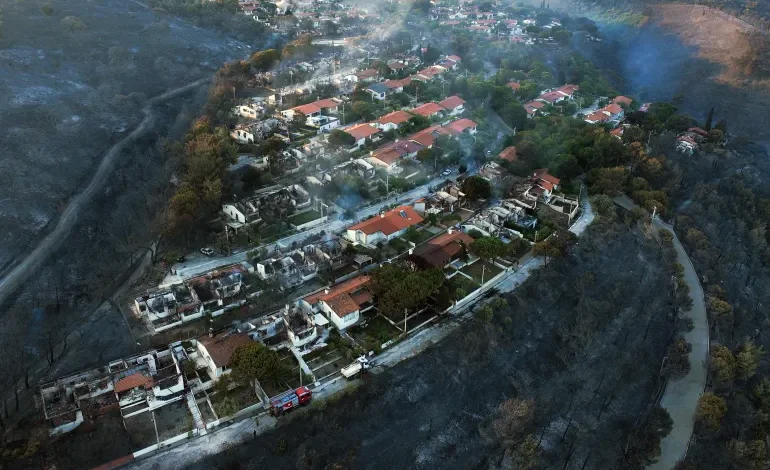Southern Europe Faces Escalating Wildfire Risks Amid Record Heatwave in Turkey, Beyond

A searing heatwave is sweeping across southern Europe, including Turkey, raising alarm over extreme temperatures and increased wildfire risk in the region.
Meteorologists report that daytime highs now regularly exceed 40 °C (104 °F) in parts of Spain, Greece, Italy, and Turkey, breaking long-standing records. The scorching conditions have deeply dried out forests and shrublands, prompting early wildfire warnings from national emergency services.
Authorities in several Mediterranean countries have already restricted campfires, imposed bans on fireworks, and prohibited access to high-risk woodland areas. In Turkey’s Antalya region, firefighters are on heightened alert after a string of small, fast-moving blazes ignited in unseasonably warm and dry hillsides.
Experts warn the heatwave is exacerbated by human-driven climate change, which has amplified frequency and intensity of heat extremes.
“We’re witnessing classic heatwave characteristics: higher highs, longer durations, and profound fire danger,” commented a regional climate specialist.
European agencies say the threat is compounded by prolonged summer temperatures and sporadic lightning, significantly increasing the potential for catastrophic wildfires. Officials urge residents and tourists to take preventive measures, such as ensuring sufficient water supply and promptly reporting any smoke or ember sightings.
As the region braces for continued heat through July, authorities stress that preparedness and early action are critical to preventing outbreaks. The combination of extreme temperatures and dry vegetation has made southern Europe—particularly its tourist and agricultural heartlands—highly vulnerable to wildfire disasters.
With input from Al Jazeera









The latest news in your social feeds
Subscribe to our social media platforms to stay tuned